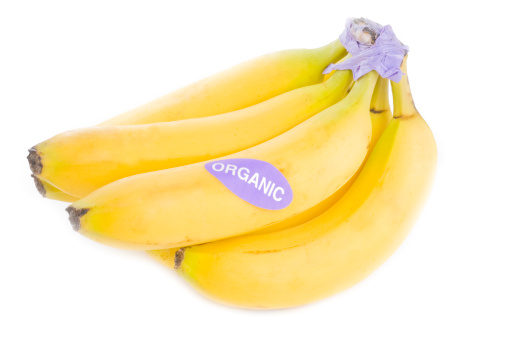The European Union and the United States will align their organic food programs, an effort aimed at eliminating redundancies and increasing access between both markets.
Said U.S. Senator Patrick Leahy (D–VT) of the agreement, “By expanding our farmers’ opportunities to sell their organic products overseas, we are expanding the job opportunities and economic growth for organic agriculture in this country. This industry has come so far in the last 22 years, and reaching this new milestone will open doors to even more economic opportunities for our organic farmers and processors.”
The partnership became formal in Nuremberg, Germany at the BioFach World Organic Fair, the world’s biggest organic tradeshow, with letters signed by U.S. Agriculture Deputy Secretary Kathleen Merrigan, European Commissioner for Agriculture and Rural Development Dacian Cioloş and Ambassador Isi Siddiqui, U.S. Trade Representative Chief Agricultural Negotiator. Put together, U.S. and EU organic markets are valued at over $50 billion, with U.S. exports of organic foods expected to grow 8% annually over the next few years.
The force of the agreement will see both parties work to promote each other’s organic programs and cooperation between them, protect organic standards and facilitate trade in organic products. Part of the effect will be to reduce duplicative requirements for organic producers and distributors and cut down on certification costs. As of June 1, 2012, products that meet the terms of the equivalency agreement will be allowed to move freely between the EU and United States. The agreement means the EU will recognize the U.S.’s National Organic Program (NOP) as equivalent to the EU Organic Program and vice versa, and that products certified organic under one program can be marketed as organic in the other region.
Many U.S. organic industry figures hailed the partnership, including Christine Bushway, executive director and CEO of the Organic Trade Association, who stated, “This long-awaited agreement is a momentous step toward growing organic trade between the world’s two largest consumer markets for organic food. It will mean more open avenues for organic producers, and will encourage U.S. farmers to expand their acreage to produce more environmentally sustainable crops.”
The U.S./EU agreement arrived just after another related pact was made by the United States and Canada. The two countries, which in 2009 came to an organic equivalency agreement similar to the one just established with Europe, have now agreed to treat U.S. organic standards for dairy, beef, sheep, goat and bison as equivalent to Canadian Food Inspection Agency requirements. Non-ruminant animals including poultry and swine are not covered by this move, and therefore must still be independently certified to Canadian standards in order to be marketed as organic in Canada.
Published in WholeFoods Magazine, April 2012 (online 2/17/12)










